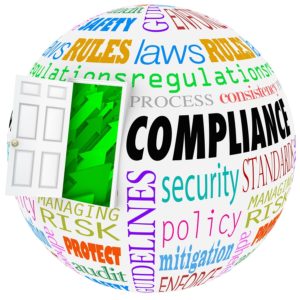A major theme running through the June 26 American Bar Association Criminal Justice Section National Institute on Bitcoin and Other Digital Currencies in Washington, D.C. was how to balance regulation compliance and law enforcement while allowing for innovation and the entrepreneurial spirit that has flourished around the bitcoin ecosystem in its short existence.
The ABA’s write-up of the event focuses mainly on the remarks of the two keynote speakers, U.S. Department of Justice Assistant Attorney General Leslie R. Caldwell, who heads the criminal division; and Jamal El-Hindi, the recently named deputy director of the U.S. Treasury Department’s Financial Crimes Enforcement Network (FinCEN).

I found it to be a fascinating event, with many excellent panelists explaining various aspects of bitcoin and the blockchain for an audience primarily consisting of lawyers, either in private practice or with one part or another of the federal government. I met many interesting people in the audience, including a New York attorney and bitcoin expert, Reuben Grinberg, who alerted me to the comprehensive Bitcoin and Virtual Currency Regulation Resources webpage maintained by his firm, Davis, Polk & Wardwell. (Along with that site, a terrific source of information on bitcoin/alternative currency regulation is Coin Center’s State Digital Currency Regulation Tracker.)
The panelists all had valuable things to say about their corners of this world. Some of the more notable examples: Jerry Brito, Executive Director of Coin Center, who was also a panelist at the Consumers Research event I recently wrote about; attorney Brian K. Klein; Staci Warden, Executive Director, Financial Markets of the Milken Institute; John Beccia, General Counsel and CCO of Circle; attorney Pamela D. Morgan of Empowered Law; and Juan C. Zarate, of the Center for Strategic and International Studies.
References were made throughout the day to high-profile topics such as Silk Road, the Ripple Labs settlement and the ongoing saga of the New York Department of Financial Services BitLicense.

